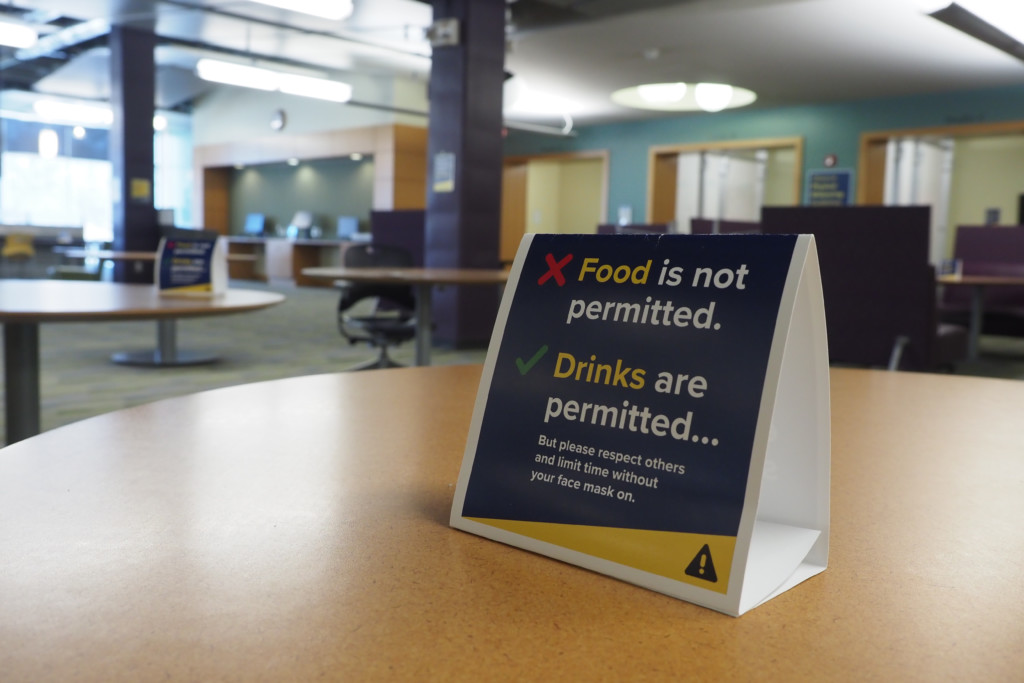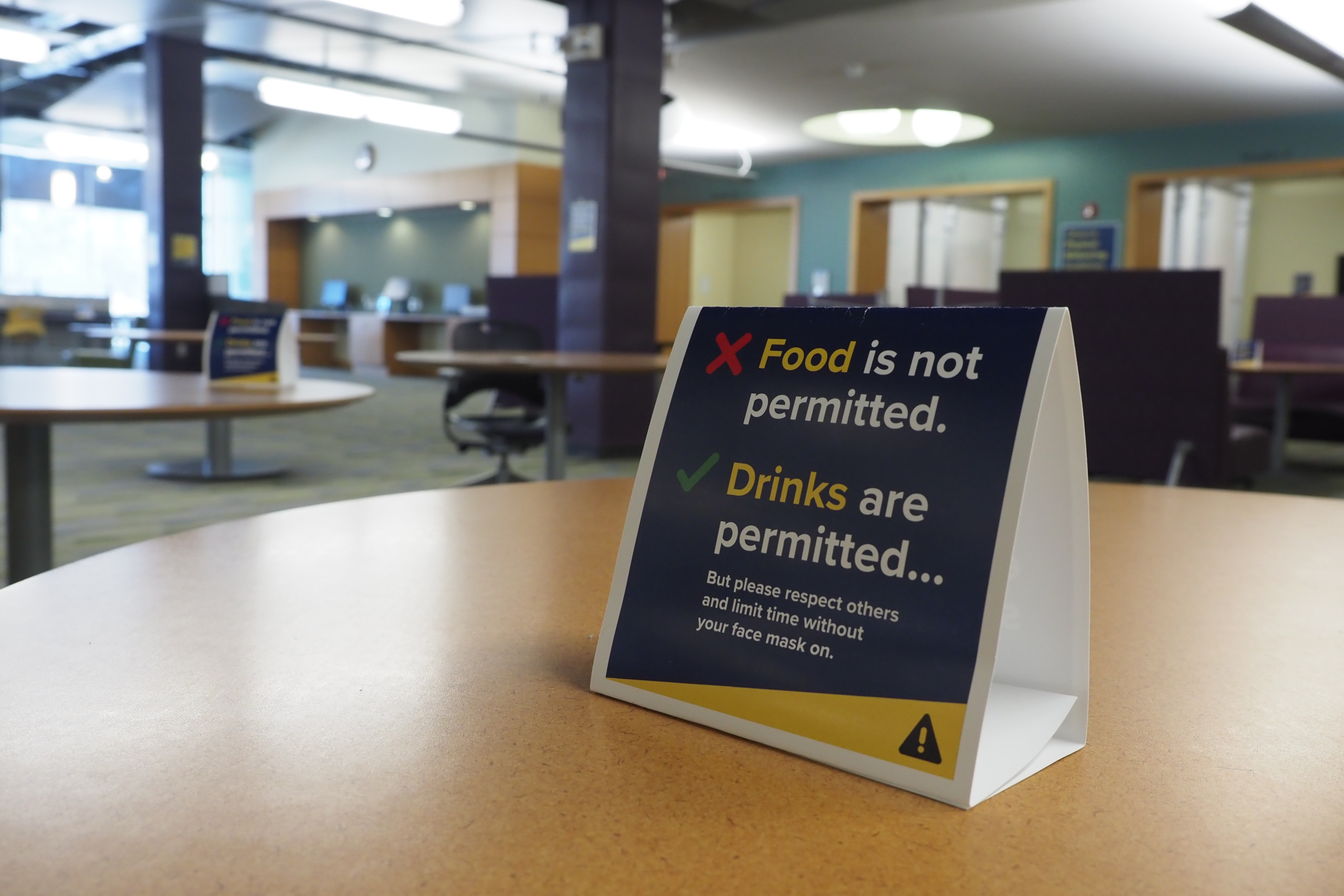At the time of writing, UR’s Students’ Association (SA) election results have yet to be announced, not that it matters: Outside of 2024 Class Council and the Presidential ticket, all positions are uncontested.
Normally, SA does and can do very little. Despite the lofty presidential platforms we skim every year, SA’s successes are usually very small, or things that maybe would have happened without SA’s involvement.
As we transition offline, UR has to make a lot of decisions on whether to keep, discard, or modify the temporary COVID-19 measures — moves that will impact students for years to come. Right now, UR is in a unique state of unrest, where issues that would normally take years of effort and lobbying and endless committee-forming have the opportunity to be fast-tracked.
Next year’s student government has a rare opportunity to influence these issues.
Will classes be held with a hybrid format? With or without recorded lectures? And now that we’ve gone a semester with few attendance requirements, how will professors reimagine these policies moving forward?
Will tests continue to be delivered online? After getting a taste, many students have developed a preference for a format that leans away from rote memorization and into conceptual demonstrations of learning. Will professors honor this, or return to their pre-pandemic models in response to noted upticks in academic dishonesty?
Will students finally start taking advantage of the reusable takeout boxes given to them during orientation, or will disposable takeout be here to stay? And what about serving yourself just the right amount of Douggie Brunch bacon? If we do keep disposable takeout, what is SA going to do about the mounds of disposable takeout boxes overflowing from the trash cans on Eastman Quad every time the sun is out?
Will the support systems from offices like University Counseling Center, the Office of Minority Student Affairs, and the Kearns Center continue to be available virtually, especially for students who are more comfortable reaching out in that format? Will professors’ office hours? How much should in-person support systems return?
There are a lot more questions than answers when it comes to the differences between last year, this year, and next year. The student body, and the administration, will look to the recently elected student government to help find those answers.
This year’s ballot was so small that there weren’t enough candidates to fill all the empty seats. There are a lot of possible reasons for this. Despite efforts of club leaders and the Student Programming Board, the pandemic still decreased exposure to campus politics, meaning there are fewer interested people to fill open spots.
Relatedly, many students haven’t even been to Rochester yet, or haven’t been here in over a year. Even if you wholeheartedly intend to be involved, it’s hard to maintain a consistent interest in campus life if you haven’t been living here.
It’s not necessarily an intentional shift away from student government, but an unfortunately hindering one. The very reason students are less involved — the pandemic — is a reason why now more than ever SA must have complete and qualified representation. SA has the potential to make unprecedented changes during the next school year, but to do that, we need the people in charge to mean it when they say they care. And that’s pretty much impossible when we don’t have enough candidates to be picky.
The Editorial Board is a weekly Opinions article representing the view of the Campus Times, co-written by Editor-in-Chief Hailie Higgins, Publisher Ethan Busch, Managing Editors Corey Miller-Williams and Olivia Alger, Special Projects Editor Micah Greenberg, and Opinions Editor Lucy Farnham.


